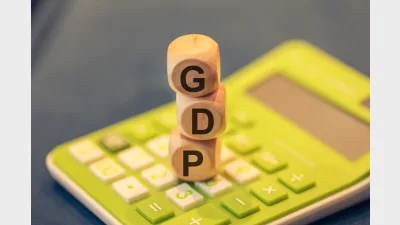Tightening credit determines stock preferences


A reduction in credit growth has influenced the current positioning of Australian equity funds, which includes being underweight bond proxies and higher price-earnings stocks, DNR Capital said.
According to DNR Capital chief investment officer, Jamie Nicol, there could be little doubt that when looking at a period of reduction in credit growth that this would have a headwind effect for consumers.
“It seems most likely that this will have some incremental flow-on effect on the housing sector and consumer behaviour,” he said.
At the same time, the bigger risk would be if the reduction in credit availability snowballed into a fully blown credit crunch.
The Royal Commission turned the spotlight on the banks’ responsible lending obligations, Nicol stressed.
“In this environment our suite of Australian equities portfolios – ‘High Conviction’, ‘Socially Responsible’ and ‘Income’ will be managed in accordance with a number of key considerations,” he said.
“Given the inflation outlook, DNR Capital’s Australian funds are underweight bond proxies and we are reducing exposure to higher price-earnings (PE) ratio stocks. With regard to elevated household debt to GDP we are underweight consumer stocks and banks.
“We are maintaining exposure to companies invested in mining and infrastructure spending, noting corporate debt is low and capex is rising.”
In terms of specific stocks, the firm said it was building positions in names like Woolworths Group and found opportunities in companies like CYBG and companies whose balance sheets and outlooks had improved substantially, like Woodside Petroleum.
Recommended for you
Economic growth was weaker than expected, once again highlighting an economy largely sustained by population growth and government spending.
In this latest edition, Anna Shelley, CIO at AMP, shares the fund’s approach to current market conditions and where it continues to uncover key opportunities.
The mega fund has announced a $2.2 billion investment in a leading data centre platform, bringing its global real assets portfolio to nearly $60 billion.
In this latest edition, Australian Retirement Trust’s head of global real assets Michael Weaver explains the fund’s approach to finding new opportunities as it surpasses $300 billion in funds under management.












